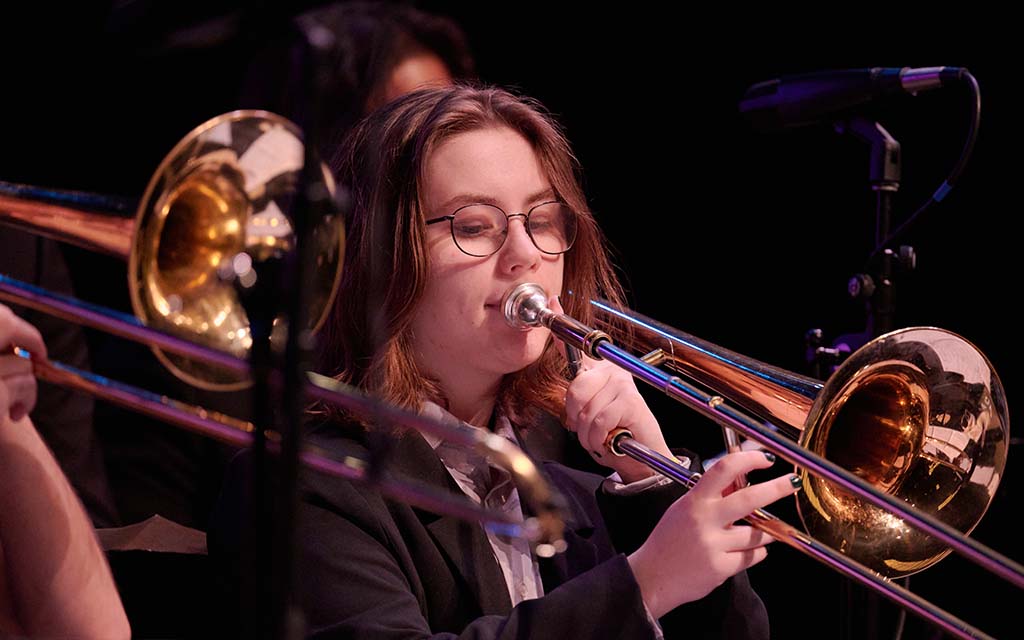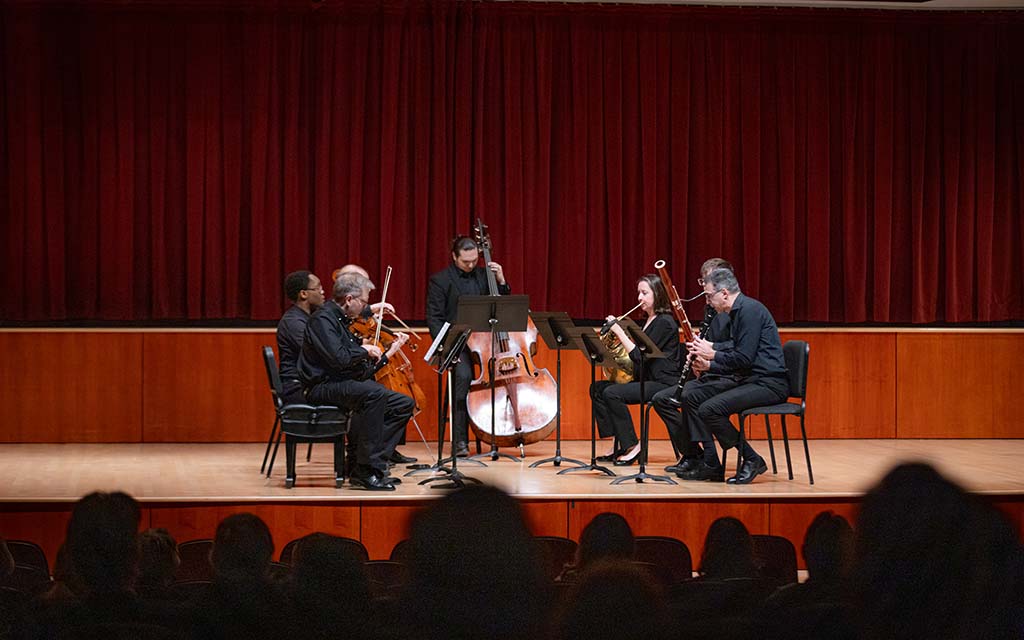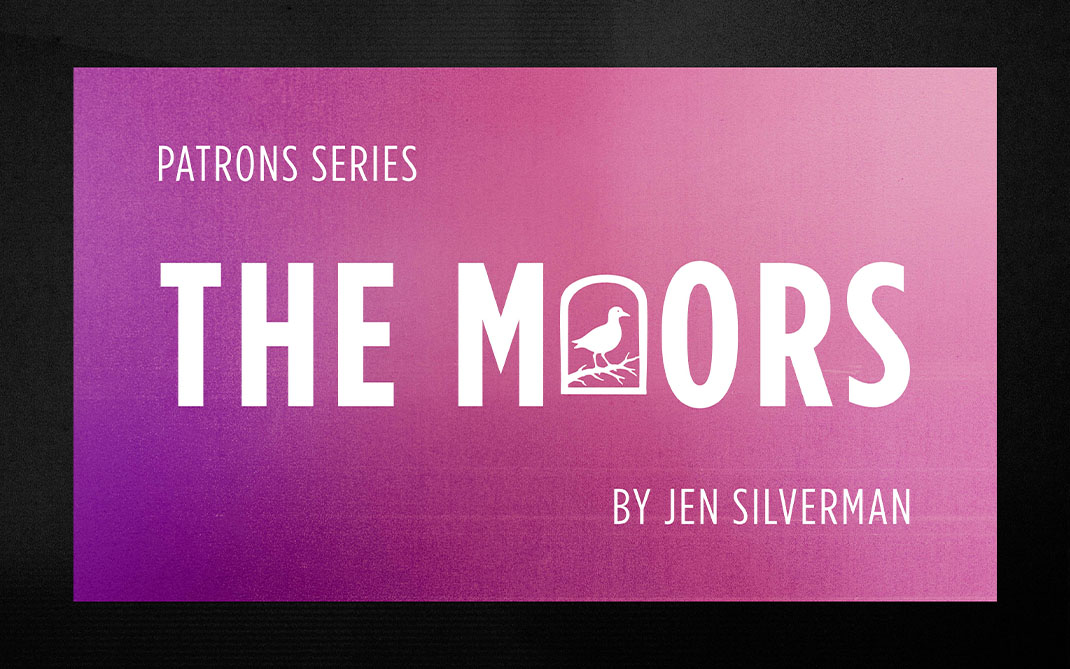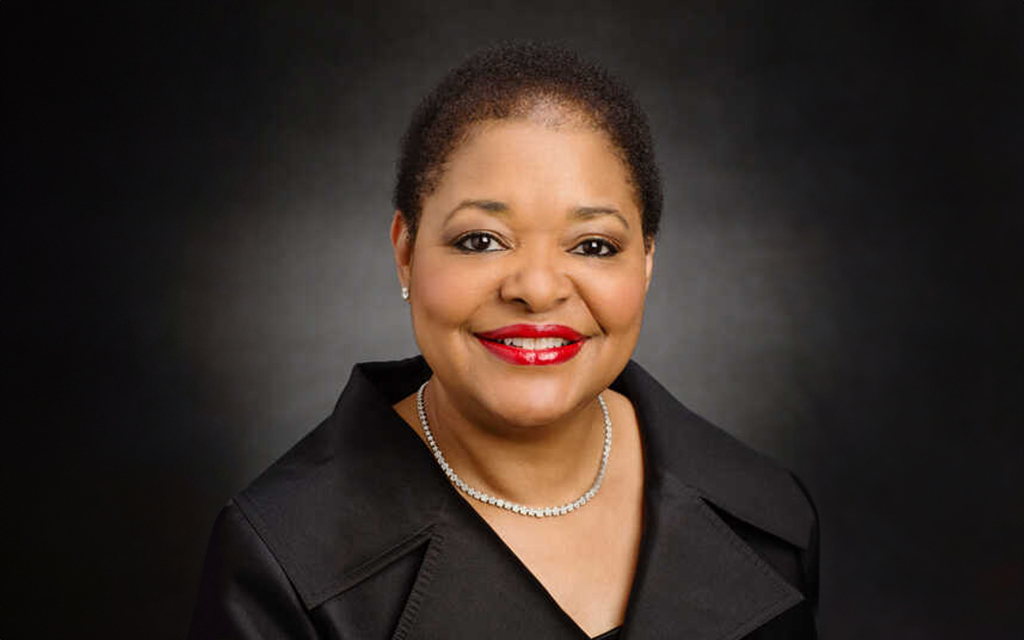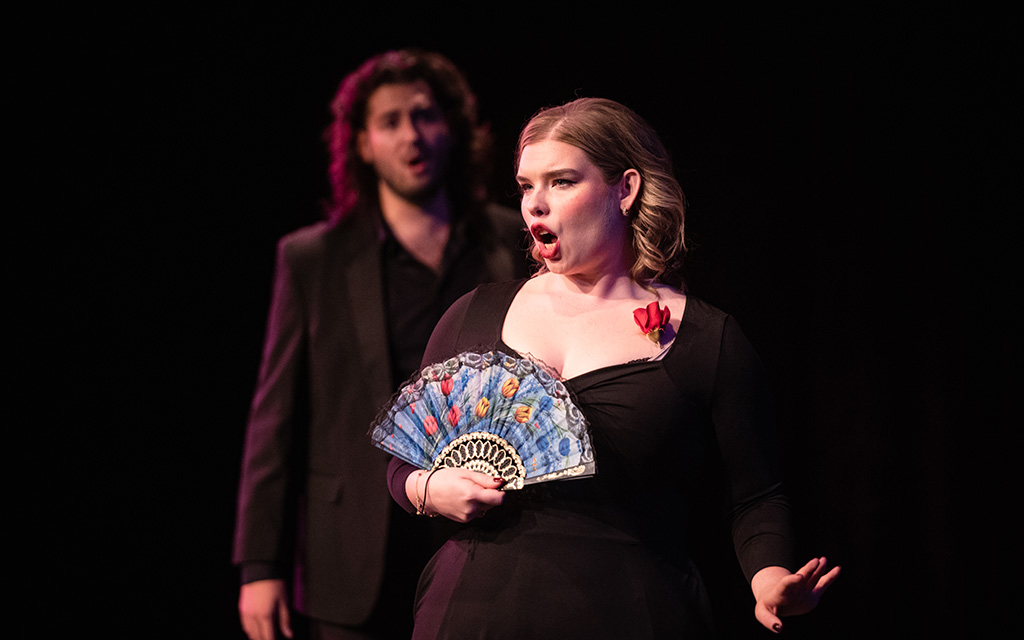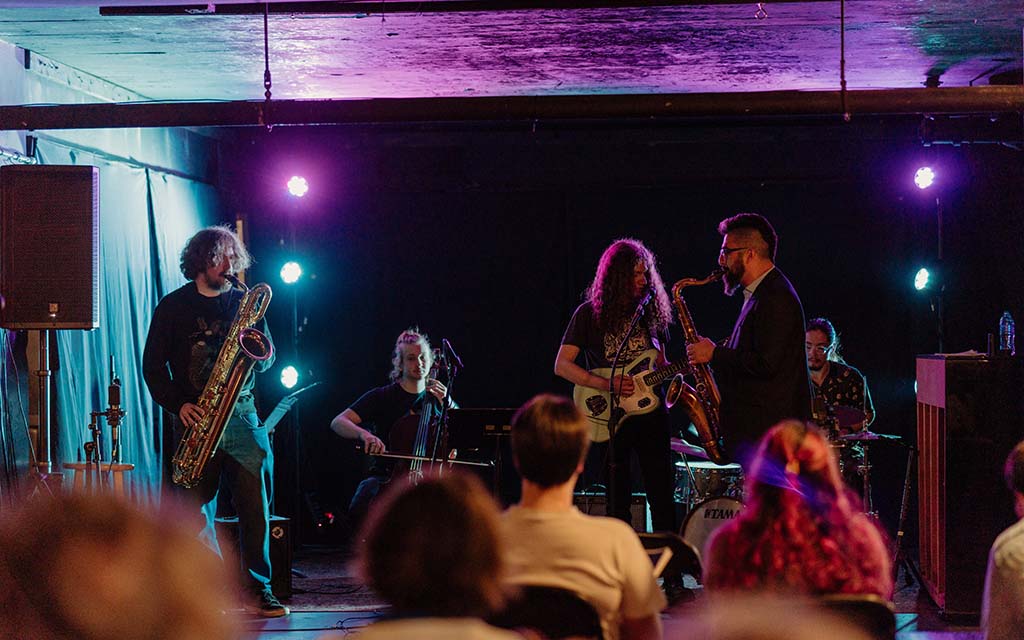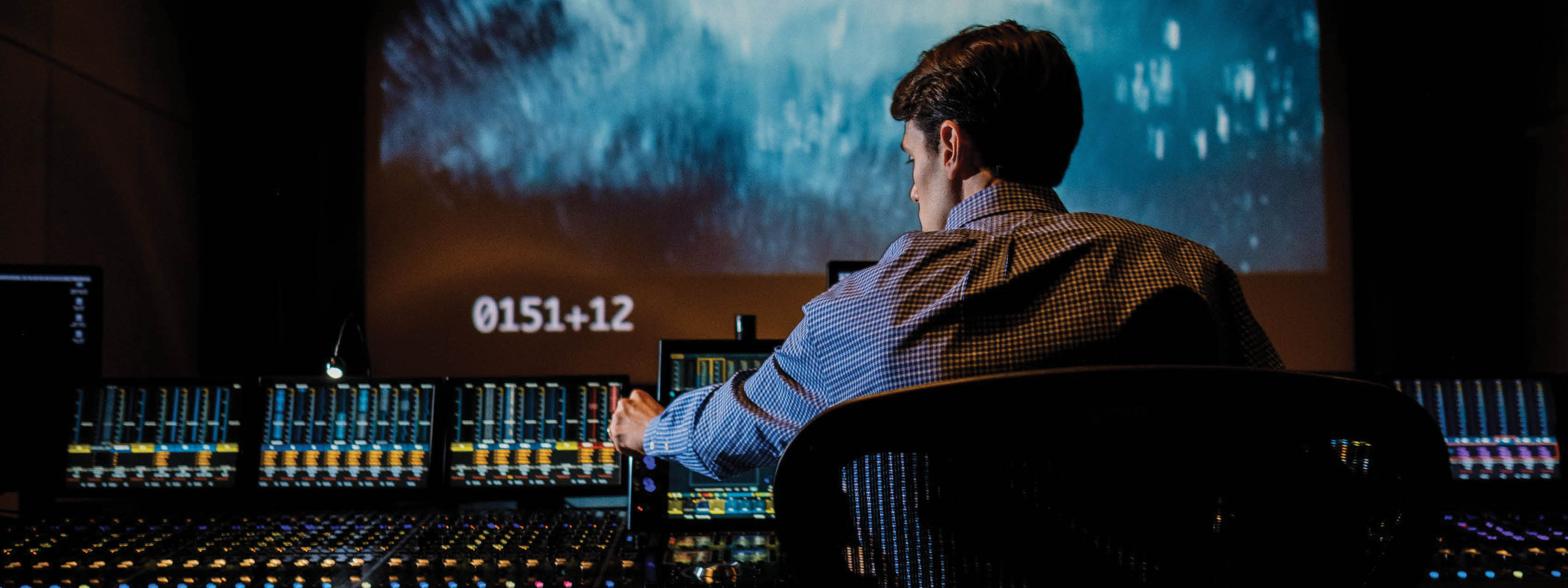Soundbite: Zach Seivers
Zach Seivers (B.F.A. Filmmaking ’06) easily traces many of his projects back to some of the earliest decisions he made in his career — including while still a student in the School of Filmmaking. Fortuitously, he was connected with alumnus Matthew Goldberg (B.F.A. ’04) to work on a short documentary film his senior year. That connection ultimately turned into the launching pad for Seivers’ own business, Snapsound, which is still going strong a decade-and-a-half later.
Seivers has worked on sound design or as supervising sound editor for everything from television documentaries — he won a Primetime Emmy for his work on the History Channel’s “Gettysburg” — to the Best Picture Oscar-winning “Nomadland.” Along the way, his voluminous credits have included the Sundance selection “Ask Dr. Ruth,” “Flint Town,” “Dietland,” “Studio 54,” “A Chef’s Life,” and “Lady Valor: The Kristin Beck Story.”
Here, the Mount Airy-born Seivers, now living in Charlotte with his wife and fellow Filmmaking alumna Setu Raval (B.F.A. ’08), reflects on his entrepreneurial career and how a dedication to thoughtful storytelling has guided him along the way.
On forging your own path…
Choosing the entrepreneurial route allows you to have control of your destiny. You’re not looking to other people to create opportunities for you. You’re hustling from the very first day and it doesn’t stop. There’s an incredible amount of reward that comes from that.
Working for someone else, though, you’re getting direct insight into how someone with experience is doing things. You receive a mentoring opportunity that you would not have as an entrepreneur. Which way you go is often a matter of recognizing opportunities and being adaptable to whatever unfolds.
On sound as an essential element of storytelling…
Sound is not just about establishing the details in a scene — it’s the most essential magic trick in filmmaking. The people who mentored me at UNCSA always brought it back to story. It’s not about plug-ins, software, what microphone you used, the cool digital trick you were able to use. It’s about character and making sounds, and it’s about the one sound that tells the story.
How does the filmmaker want the audience to feel? What’s going on in the scene? What are the characters feeling? Every single day I start from that place.
I always ground all my conversations with filmmakers in my own life and experience, because that’s what you do as an artist. That’s what happened with “Nomadland.” . . . In my interview with Chloé Zhao, the director, I talked about Frances McDormand’s character and how I saw parts of my mother in her. And she loved that.
On our close-knit alumni network…
The alumni network is one of the school’s most important resources and assets. You leave UNCSA not just with knowledge and the foundation to be a professional artist, but with this amazing network. Our network provides a unique sense of community and the desire to work with and support one another. We’re really lucky in that way.
This article appeared in the 2022 issue of Scene.
READ THE COMPLETE ISSUE
July 21, 2022
